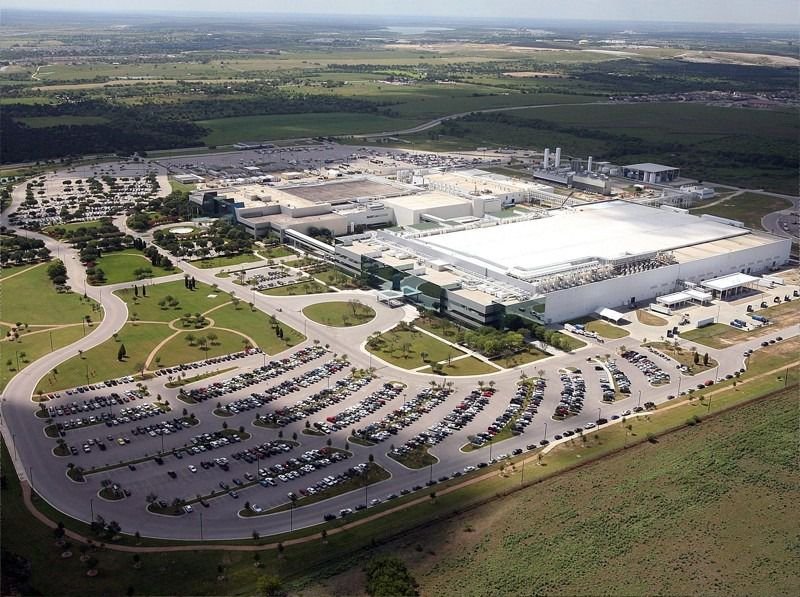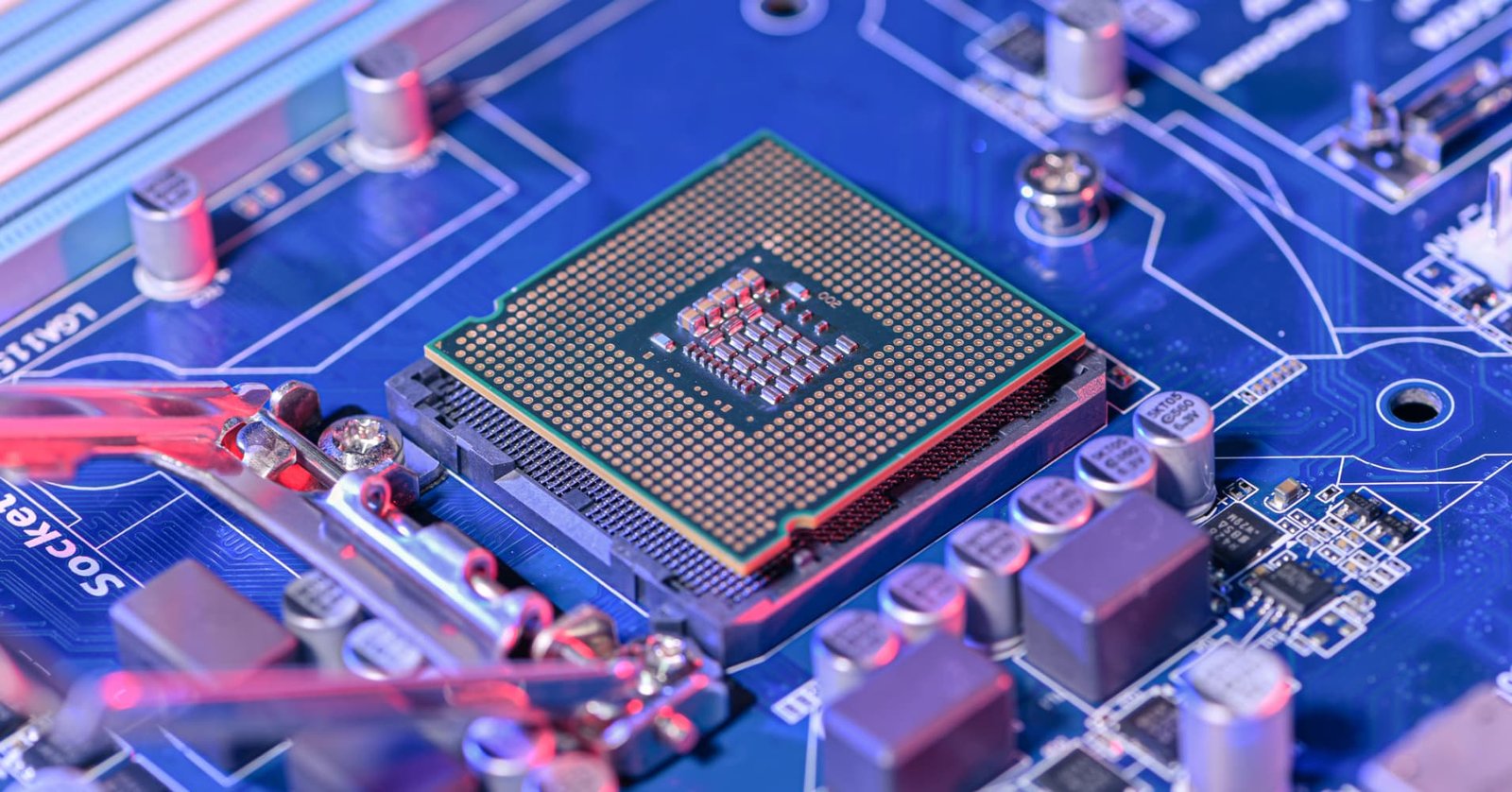HIGHLIGHTS
- Samsung announced a $ 17 billion investment in a chip factory project in Texas, the company’s largest investment in the United States.
- US President Joe Biden pledged to invest $52 billion in chip research and production to minimize chip supply’s reliance on foreign sources.
FULL ARTICLE
Samsung’s chip plant in Texas
Samsung said that it will start construction of a new chip manufacturer in Texas in early 2022 and hopes to begin operations in the second half of 2024. The project is estimated to create 2,000 high-tech jobs.
The South Korean electronics behemoth chose Texas as the location of its new chip plant for a variety of reasons, including government incentives, strong local infrastructure, and the company’s previous availability. In Austin, Texas, Samsung already had a chip factory.

According to Samsung insiders, they plan to invest 17 billion USD in the chip production project in Texas, making it the company’s largest investment in the US. This new chip plant will speed the manufacture of high-tech chips utilized in 5G mobile and artificial intelligence (AI), as well as help increase the resilience of the global chip supply chain bridge.
Besides, advanced chips for mobile devices and self-driving cars will be produced in this new plant. Analysts think Samsung will use ASML machinery to produce advanced chips measuring 5 nanometers (nm) or less for significant customers such as Qualcomm. These chips can handle more data than the 14 nm and 28 nm chips produced by Samsung’s existing Austin factory.

Furthermore, Samsung will join competitors TSMC and Intel in the race to expand chip contract production in the US, which is considered as a strategic competitor to China.
The United States is adamant about investing in semiconductor fabrication
Many American businesses rely on the supply of chips manufactured in other countries, particularly Taiwan (China). According to Nina Turner, an IDC expert, relying too heavily on Taiwanese chips would pose national security and geopolitical problems. Furthermore, she added that while the current chip shortfall may be alleviated gradually, long-term demand for chips would rise as more and more electronic items require them.
The administration of US President Joe Biden has pushed Congress to pass the CHIPS Act, with a commitment to invest $52 billion in research and chip production. Hence it will help the US to gain more “leverage” against Chinese rivals in the advanced technology sector and address chip shortages in key industries such as automobile manufacturing.
Huyen Tu
FURTHER READING:
Samsung develops chip supply chain at homeland













